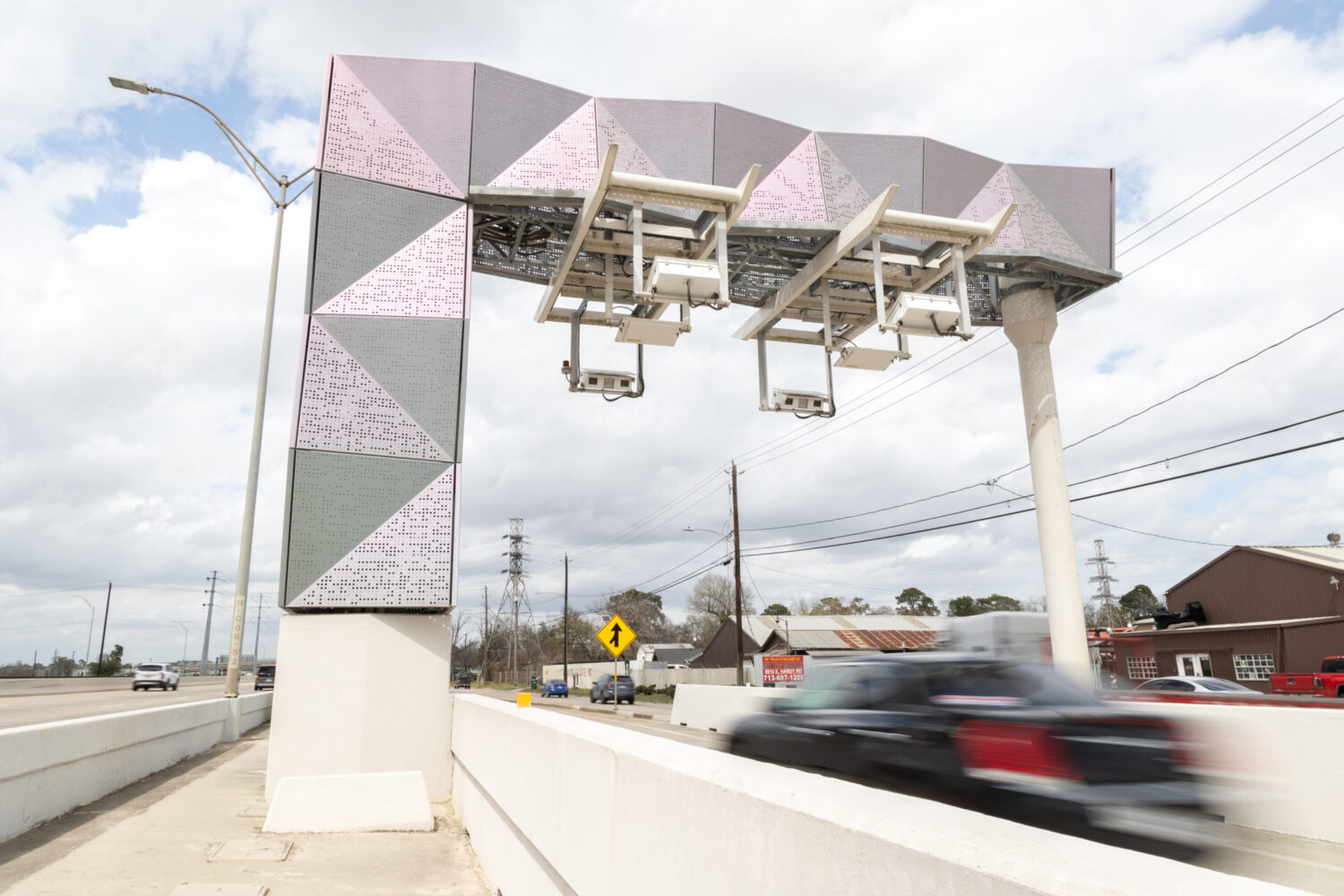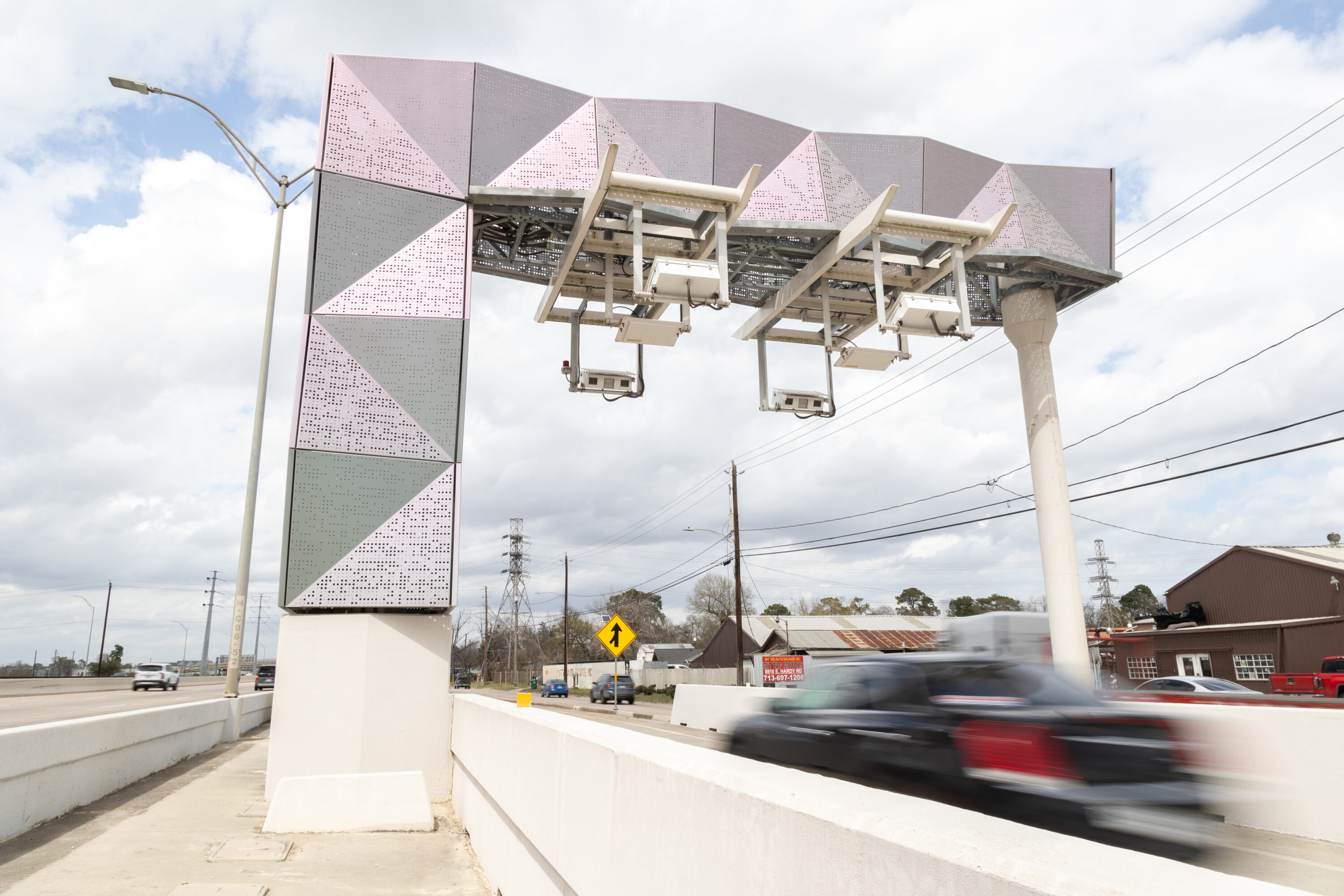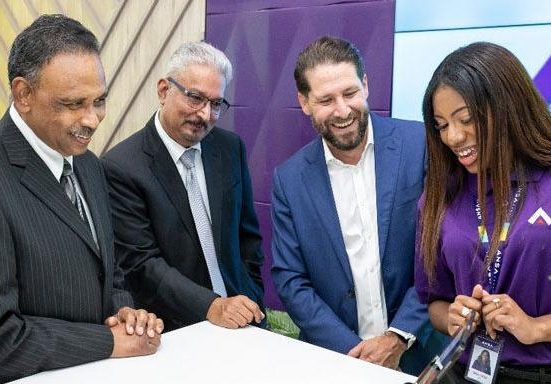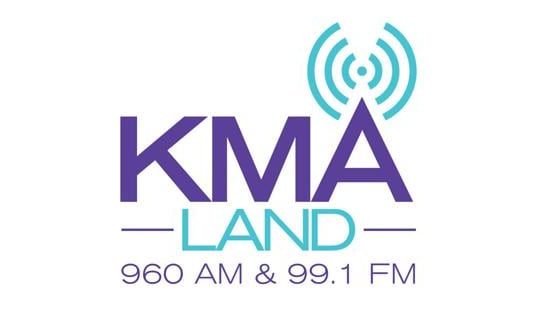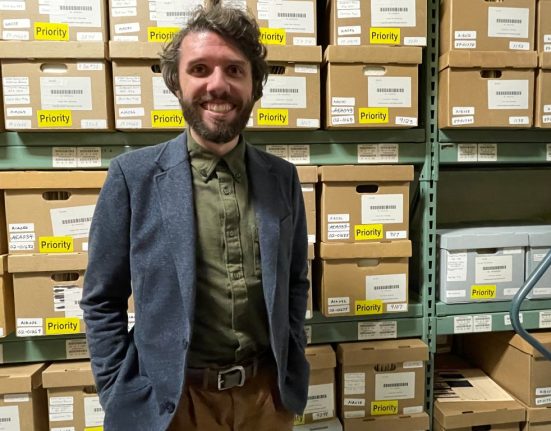State legislation that would require Harris County to send 30% of its surplus toll road funds to the City of Houston is one step closer to becoming law after passing the Texas Senate on Tuesday.
Senate Bill 2722, authored by Sen. Paul Bettencourt (R-Houston), would restrict the county’s authority over millions of surplus funds for the Harris County Toll Road Authority. The proposed law would require 30%, or $80 million, of the funds to be allocated to the city, with the remaining 70% kept by the county government.
The 30% allocated to the city could only be used to reimburse law enforcement and emergency services for their response to collisions on the county’s toll roads. The 70% left in the hands of the county would be distributed to the county’s four precincts, based on the percentage of county roads within each precinct. A small portion of the county’s allocation, 5%, could be used for other road-related county departments or projects.
The bill passed the Senate with a vote of 21-10. The legislation would need to be approved by the Texas House and then signed by Gov. Greg Abbott in order to become state law.
“If drivers are paying tolls, then drivers should see those funds reinvested into roads they actually use to help pay down the debt, prioritize county-owned roads and split 70/30 with the City of Houston to cover expenses,” Bettencourt said in a Wednesday statement. “This is a good government, taxpayer-first reform. It keeps the focus on transportation and safety, not political slush funds.”
Last Friday, Harris County Precinct 4 Commissioner Lesley Briones and Precinct 2 Commissioner Adrian Garcia sent a letter to Houston Mayor John Whitmire’s office requesting a meeting to discuss SB 2722 and transportation funding. Garcia’s office posted the full letter to social media on Tuesday and said they had not yet received a response from Whitmire.
In the letter, Briones and Garcia said they were not aware of the bill before it was filed.
“It was only when the city introduced SB 2722 — and its companion HB 5177 — that we were first made aware of the desire to seek substantial compensation for tollway responses,” the commissioners wrote. “As you know, Harris County was not consulted before this bill was filed, nor did we receive any inquiries or requests. As we have done many times in the past, we are always open to collaboration with Houston and the other 33 cities within Harris County that ultimately benefit our shared constituents.”
Speaking during a city council meeting Wednesday, Whitmire thanked the Senate for passing the legislation and claimed that there was “a lot of misinformation” regarding the topic.
“First of all, I will meet with anyone anywhere if they’re wanting to work to improve Houston,” he said. “I’ve met with all the commissioners in recent days. … This idea was brought to me by Houston legislators [who asked], ‘Would we document what [emergency services] we provide?'”
During a nearly two-hour Texas Senate Committee on Transportation hearing earlier this month, legislators heard arguments for and against the bill.
RELATED: Proposed law would restrict Harris County’s authority over millions in surplus toll road funds
Harris County Precinct 3 Commissioner Tom Ramsey spoke in favor of the bill, saying he believed it was unfair to distribute the surplus funds equally among the precincts because Precinct 3 contains a disproportionately large amount of county roads.
“My precinct has 47% of the county roads in Harris County, yet I get less than 25% of the [surplus] funding,” Ramsey said. “So, the bill that I’m supporting here deals with that, that they would disperse the fund based on the county road responsibility.”
Reading a written statement from Garcia, Kristen Lee spoke in opposition to the bill and said that funds should not be distributed solely on how many miles of county road are in a given precinct.
According to Garcia’s written statement, Precinct 2’s county roads require more maintenance due to heavy freight traffic.
“This bill would significantly undermine our ability to manage and fund the critical infrastructure we rely on every day, especially in regions like mine where roadways carry a disproportionate burden for the freight industry,” Lee read. “In Precinct 2, we see that impact firsthand. We have more maintenance demands than any other area in Harris County.”

